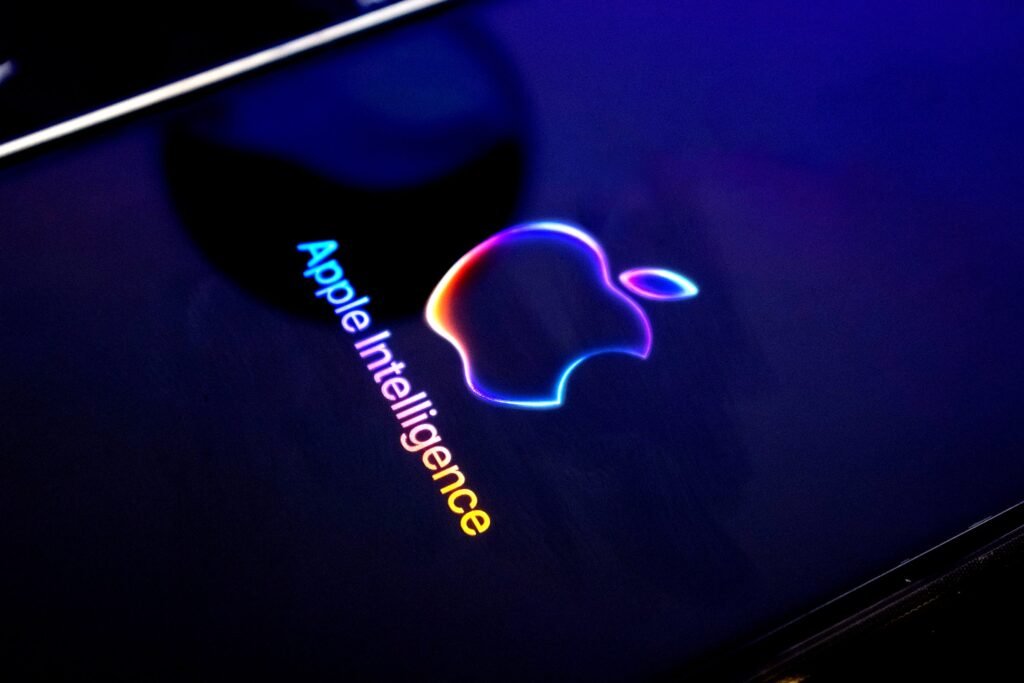
At its Worldwide Developers Conference on June 10, Apple announced a late but major move into AI with “Apple Intelligence,” confirming months-long rumors that it would partner with OpenAI to bring ChatGPT to iPhones.
Elon Musk, one of the cofounders of OpenAI, was quick to respond on X, branding ChatGPT-powered Apple AI tools “creepy spyware” and an “unacceptable security violation.”
“If Apple integrates OpenAI at the OS level, then Apple devices will be banned at my companies,” Musk wrote.
But at a time when the privacy of AI is under the spotlight, the iPhone maker says Apple Intelligence offers a new way of protecting people’s data, with the firm working out which core tasks can be processed on the device.
For more complex requests, Apple has developed a cloud-based system called Private Cloud Compute (PCC) running on its own silicon servers, which the company says is an innovative new way to protect privacy in the nascent AI age.
Apple senior vice president of software engineering Craig Federighi calls its strategy “a brand-new standard for privacy in AI.” Are Apple’s claims valid, and how does the iPhone maker’s strategy compare to “hybrid AI” offerings available on devices including Samsung’s Galaxy range?
AI, Meet E2E
With PCC, Apple has designed “a new end-to-end AI architecture” and “a private cloud enclave extension of a user’s iPhone,” allowing more control over data, says Zak Doffman, CEO of Digital Barriers, which specializes in real-time surveillance video storage and analysis.
In practice, this means Apple can mask the origin of AI prompts and prevent anyone, including the iPhone maker itself, from accessing your data. “In theory, this is as close to end-to-end encryption for cloud AI as you can get,” Doffman says.
Apple has put together a “pretty impressive privacy system” for its AI, says Bruce Schneier, chief of security architecture at Inrupt. “Their goal is for AI use—even in their cloud—to be no less secure than the phone’s security. There are a lot of moving parts to it, but I think they’ve done pretty well.”
And so far, there’s nothing else quite like it. “Hybrid AI” used on Samsung Galaxy devices running Google Android and Google’s Nano range sees some AI processes handled locally, leveraging cloud when necessary to enable more advanced capabilities.
Content retrieved from: https://www.wired.com/story/apple-intelligence-android-hybrid-ai-privacy/.






